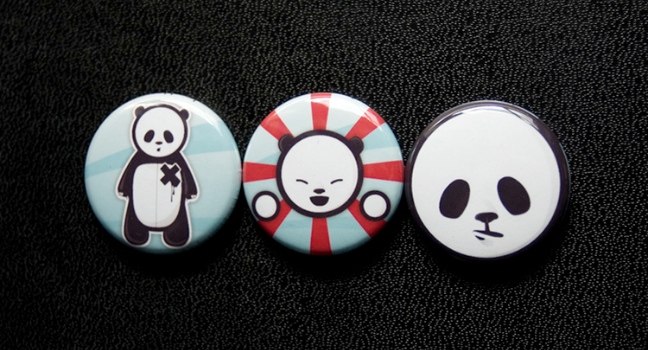Zygmunt Bauman on Liquidity vs. Solidity

A couple of years ago, as part of my research into my doctoral thesis, I commented on how Zygmunt Bauman’s concept of ‘liquid modernity’ captured succinctly the changing nature of knowledge in our society. Serendipitously, I came across a recent interview with Bauman via a tweet from Terry Wassall, ostensibly a colleague of his at the University of Leeds.
It’s a shame (and ironic given some of Bauman’s comments towards the end of the interview) that Theory, Culture & Society isn’t open access. Quotations will have to suffice, such as this one (my emphasis):
I did not and do not think of the solidity-liquidity conundrum as a dichotomy; I view those two conditions as a couple locked, inseperably, in a dialectical bond… After all, it was the quest for the solidity of things and states that most of the time triggered, kpt in motion and guided those things’ and states’ liquiefaction; liquidity was not an adversary, but an effect of that quest for solidity, having no other parenthood, even when (or if) the parent would deny the legitimacy of the offspring. in turn, it was the formless of the oozing/leaking/flowing liquid that prompted the efforts of cooling/damping/moulding. If there is something to permit the distinction between ‘solid’ and ‘liquid’ phases of modernity (that is, arranging them in an order of succession), it is the change in both the manifest and latent purpose behind the effort.
I think what Bauman is getting at here is that it very much depends on your worldview and context as to whether you see liquidity or solidity as desirable. The fact that people differ in similar ways over time (e.g. one group arguing for the status quo, one against) leads to the ‘dialectical bond’.
Bauman continues,
Originally, solids were melted not because of a distaste for solidity, but because of dissatisfaction with the degree of solidity of the extant/inherited solids: purely and simply, the bequeathed solids were foud to be not solid enough (insufficiently resistant/immunized to change) by the standards of the order-obsessed and compulsively order-building modern powers.
…
To cut a long story short: if in its ‘solid’ phase the heart of modernity was in controlling/fixing the future, the ‘liquid’ phase’s prime concern is with the avoidance of mortgaging it and in any otther way pre-empting the use of as yet undisclosed, unknown and unknowable opportunities the future is sure to bring.
Essentially, then, the left and the right of the political spectrum is a continuum of metaphorical viscosity. The conservative right tends towards solidity and the status quo, whilst the left looks towards liquidity and, in the words of Bauman, to avoid ‘mortgaging’ the future for the sake of the present.
As an educator, it’s difficult not to apply Bauman’s analysis to our current problems with the education system. As a citizen of the western world, it’s even harder not to apply his analysis to the crisis of Capitalism…
Image CC BY-NC whisperwolf


